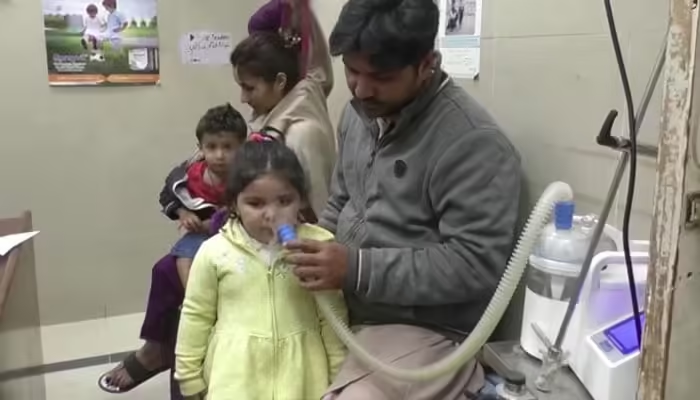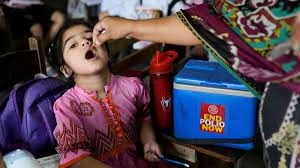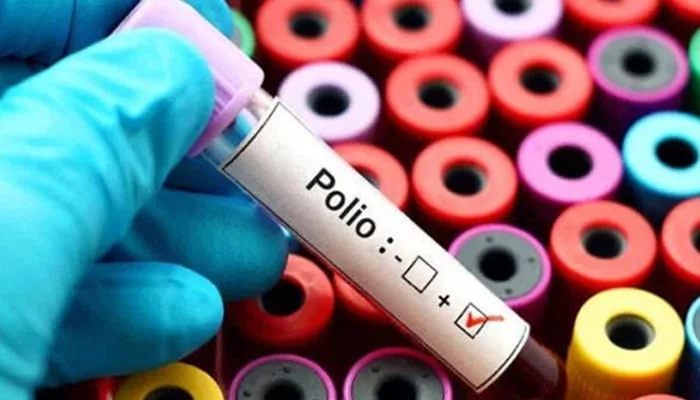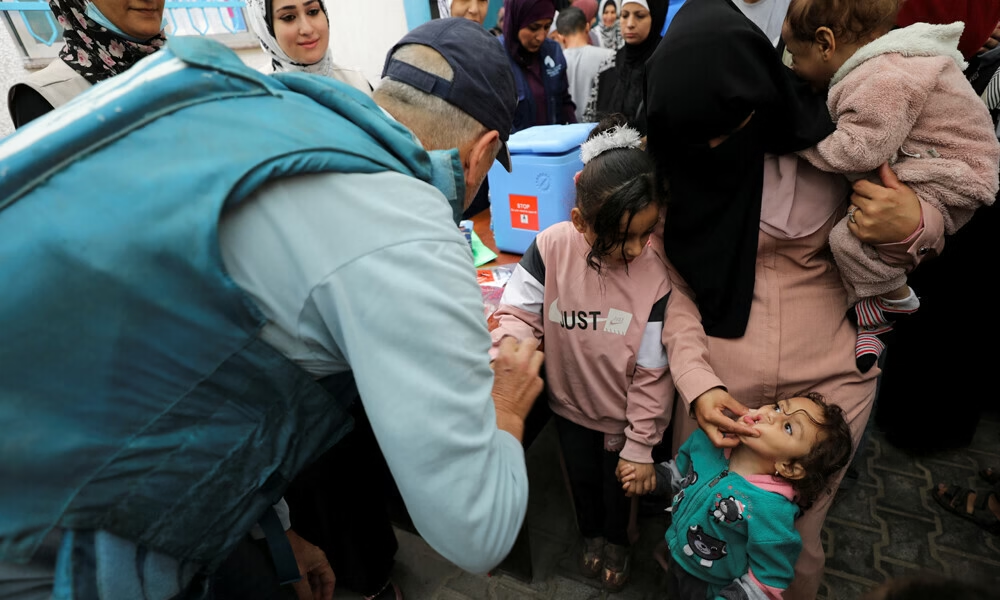Karachi is currently witnessing a significant rise in pneumonia cases among children, raising alarms in the medical community. According to reports from the National Institute of Pediatrics, an alarming 30 cases of pediatric pneumonia are being reported daily, while Civil Hospital is seeing 10 to 15 cases per day. This surge has led to concerns about the health and well-being of young children, especially as the colder months approach, which typically sees an increase in respiratory infections.
The Seasonal Rise of Pneumonia Cases
Dr. Imran Sarwar, the emergency in-charge at the hospital, and Dr. Khalid Shafi, Secretary General of the Pakistan Pediatrics Association, have both highlighted the seasonal nature of pneumonia outbreaks. Speaking to the media, Dr. Khalid Shafi explained that pneumonia cases tend to spike during the months of October, November, and December. The cooler weather, combined with the onset of flu season, creates the perfect environment for respiratory infections like pneumonia to thrive.
Pneumonia, an infection that inflames the air sacs in one or both lungs, can cause severe illness, especially in vulnerable populations. Children under the age of two and the elderly, particularly those over 65, are at the highest risk of developing severe complications from pneumonia. In Pakistan, where healthcare access can be limited in certain areas, the risk becomes even more pronounced.
Vaccination and Prevention Efforts
There are several vaccines available that can help prevent certain types of pneumonia, particularly those caused by bacteria like Streptococcus pneumoniae. Dr. Khalid Shafi emphasized the importance of these vaccinations, noting that they can be lifesaving for children and other high-risk groups. However, despite the availability of these vaccines, pneumonia remains a leading cause of death in Pakistan, claiming over 70,000 lives annually. This figure is a stark reminder of the disease’s impact, particularly on the most vulnerable populations.
The pneumonia vaccines, such as the pneumococcal conjugate vaccine (PCV) and the Haemophilus influenzae type B (Hib) vaccine, have proven to be effective in reducing the incidence of pneumonia. These vaccines are part of the routine immunization schedule for children in many countries, but vaccination rates in Pakistan remain suboptimal. Improving access to and awareness of these vaccines could play a significant role in reducing the pneumonia burden in the country.
Symptoms to Watch For
Early detection of pneumonia is crucial in preventing complications, particularly in children. According to Dr. Khalid Shafi, pneumonia symptoms can vary but often include:
- Coughing that produces green, yellow, or even red mucus
- Fever and chills
- Difficulty breathing or shortness of breath
- Sweating
- Chest pain that worsens with deep breaths or coughing
These symptoms can often be mistaken for the flu or other respiratory illnesses, which makes pneumonia difficult to diagnose in its early stages. However, when left untreated, pneumonia can lead to severe complications such as lung abscesses, respiratory failure, and even death.
Dr. Shafi emphasized the importance of seeking medical attention if a child exhibits any of these symptoms, particularly if they are younger than two years old. Prompt treatment with antibiotics (in cases of bacterial pneumonia) or antiviral medication (for viral pneumonia) can greatly improve outcomes and reduce the risk of severe illness.
Why Children Are at Greater Risk
Children, particularly those under the age of two, are especially susceptible to pneumonia for several reasons. Their immune systems are still developing, making it harder for their bodies to fight off infections. Additionally, children are more likely to be exposed to infectious agents in communal settings such as daycare centers, schools, and playgrounds. This exposure, combined with a weaker immune system, increases their likelihood of contracting pneumonia.
Malnutrition, another critical factor in many developing countries, also plays a significant role in a child’s vulnerability to pneumonia. Malnourished children have weakened immune systems, which makes it more difficult for their bodies to fight infections. Furthermore, poor living conditions, including overcrowding and exposure to indoor air pollution from cooking stoves, can also contribute to the spread of respiratory infections like pneumonia.
The Urgency for Action
The current rise in pneumonia cases in Karachi should be a wake-up call for healthcare authorities and policymakers. While vaccinations are available for certain types of pneumonia, many children in Pakistan still lack access to these lifesaving immunizations. Efforts to increase vaccine coverage must be intensified, particularly in rural and underserved areas.
Moreover, public awareness campaigns are essential in educating parents and caregivers about the symptoms of pneumonia and the importance of early treatment. Many deaths from pneumonia could be prevented with prompt medical intervention and access to the necessary medications.
A Preventable Tragedy
Pneumonia remains a leading cause of death among children in Pakistan, despite the availability of effective vaccines and treatments. The recent surge in cases in Karachi serves as a reminder of the urgent need for better healthcare access, vaccination programs, and public education. With proper prevention efforts and timely medical care, many of these cases can be avoided, and countless lives can be saved. It is imperative for parents, healthcare professionals, and the government to work together to combat this preventable but deadly disease.



